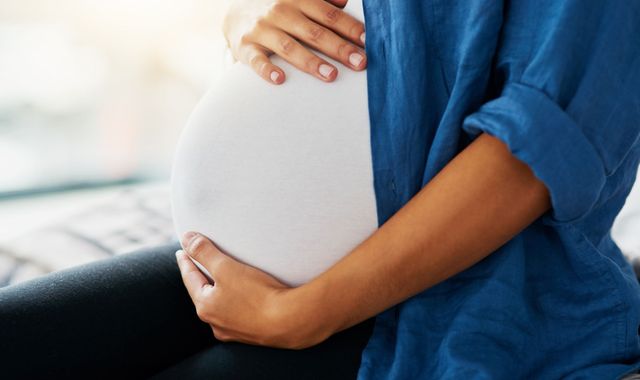Groundbreaking trial aims to reduce miscarriages by 50%
Written by News on 14/09/2019
Women who have suffered recurrent miscarriages will take part in a groundbreaking trial to find out if antibiotics could reduce inflammation of the womb and increase live birth rates.


Recurrent miscarriages, the loss of three or more consecutive pregnancies, affect thousands of couples across the UK every year, and a quarter of pregnancies end in miscarriage.
As part of research into recurrent miscarriage, Professor Siobhan Quenby and her team at the University of Warwick are investigating chronic endometritis, an inflammatory condition of the lining of the uterus.
They have received £1.9m from the National Institute for Health Research to run the first ever controlled trial using antibiotics in the hope of reducing endometrial inflammation, with 3,000 women who have suffered recurrent miscarriages to be recruited for treatment at 10 hospitals.
Previous research has found that women with higher levels of inflammation of the womb were 60% likely to have a baby, compared to 80% for those with lower levels.
The women recruited for the trial, which will start accepting applicants via a website launching in October, will be split into two groups: those with mild inflammation and those with higher levels of inflammation.
Half in each group will receive the antibiotic medication doxycycline and the others will be given a placebo.
Women will be checked throughout the study to assess whether the antibiotics reduce inflammation and increase live birth rates, with regular monitoring and analysis to ensure that patients are not negatively affected.
Prof Quenby told Sky News: “This four-year trial will answer lots and lots of questions.
“We will recruit for two years and then allow time for pregnancies and births. Miscarriage results in grief by parents and families, people have lost hope of their baby and need to talk to people about their loss.”
Endometritis can cause bleeding and pain in some women, while others may show no obvious indications.
There are no standard screening tests for endometritis, so the researchers will also try to develop tests that will help identify women with the condition in future.
The study aims to reduce miscarriage rates by 50%.
Prof Quenby added: “Our aim is to try to improve the womb before you get pregnant. Most miscarriages occur within the first 12 weeks of pregnancy and our aim is to see a reduction in these early miscarriages.”
(c) Sky News 2019: Groundbreaking trial aims to reduce miscarriages by 50%






